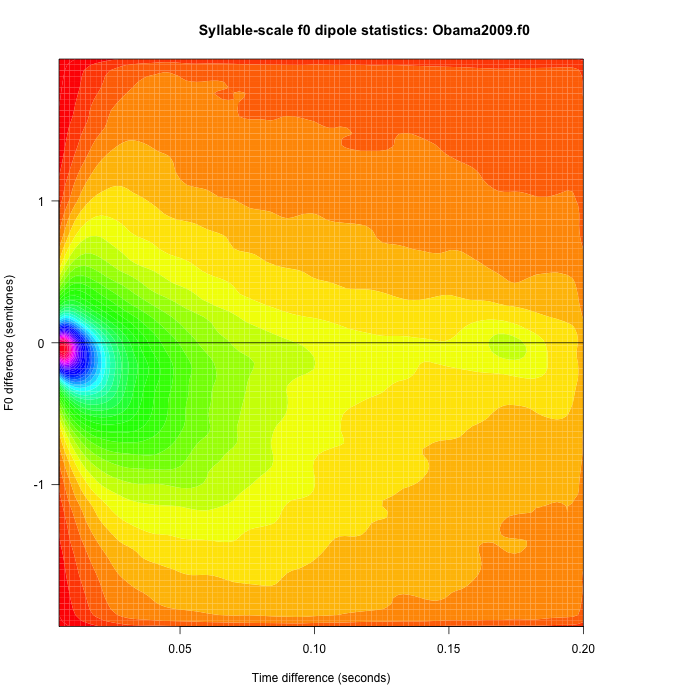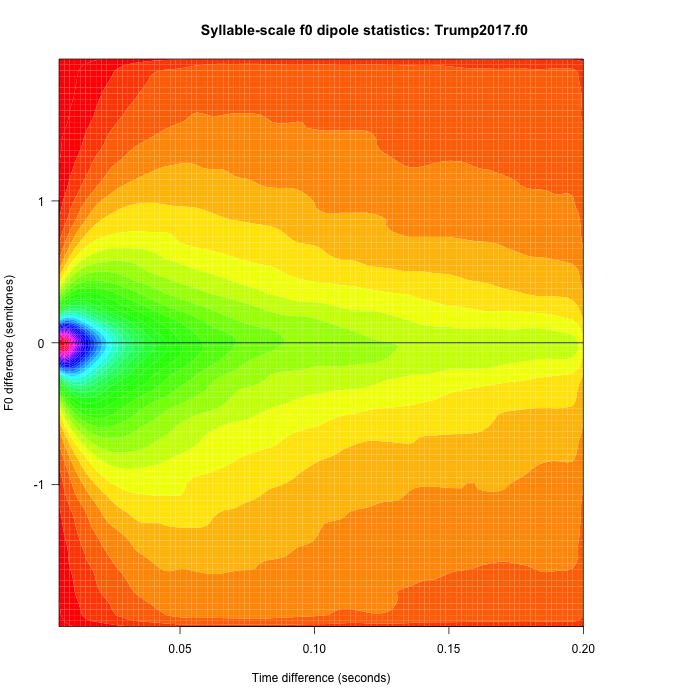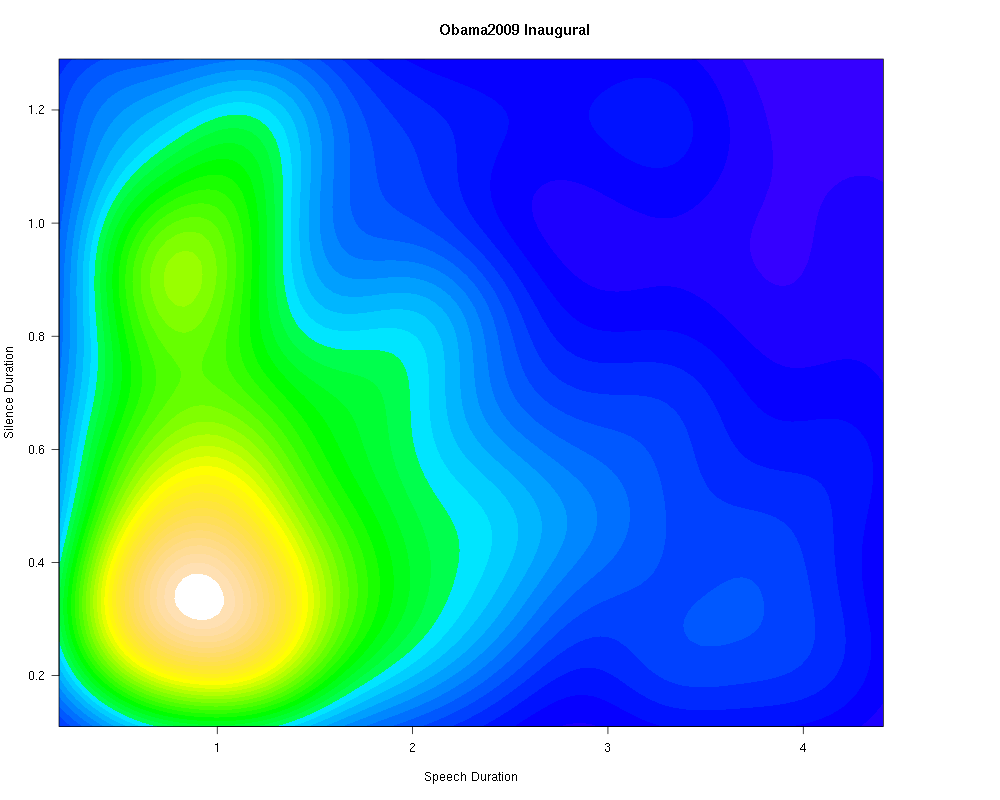Irwin Corey, R.I.P.
On Monday, Irwin Corey, the world's foremost authority, died at the age of 102. A characteristic clip from his later years:
Read the rest of this entry »
On Monday, Irwin Corey, the world's foremost authority, died at the age of 102. A characteristic clip from his later years:
Read the rest of this entry »
The Times Literary Supplement diarist who hides behind the initials "J.C." makes this catty remark (issue of January 6, 2017, page 36) about Sidney E. Berger's The Dictionary of the Book: A Glossary of Book Collectors:
"Predictions were that the Internet would do away with dealers' catalogs and it is true that many a dealer has gone from issuing catalogs to listing her whole stock online." Bookselling and book collecting are among the world's stubbornly male pastimes — deplorable, no doubt, but less so than the use of the craven pronoun throughout The Dictionary of the Book (Rowman & Littlefield, $125).
J.C. (who, Jonathan Ginzburg informs me, is widely known to be an author, book dealer, and bibliophile named James Campbell) is objecting to the use of she as a gender-neutral pronoun. And you can just guess that a snooty writer in TLS who quibbles about other people's grammar choices would hate singular they. J.C. would probably regard it as "abominable", the way Simon Heffer does. Which can only mean that he advocates use of the traditional practice of he as the gender-neutral 3rd-person singular pronoun, the one that The Cambridge Grammar of the English Language (CGEL) calls "purportedly sex-neutral he (see pp. 491–493).
Read the rest of this entry »
Permalink Comments off
Dana Milbank, "Shoker! Rediculous chocker Trump attaks and dishoners English with ever-dummer spellings", Washington Post 2/7/2017:
The English language was unprepared for the attak. It was destined to loose. And, inevitably, it chocked.
The Trump White House on Monday night, attempting to demonstrate that the media had ignored terrorism, released a list of 78 “underreported” attacks. The list didn’t expose anything new about terrorist attacks, but it did reveal a previously underreported assault by the Trump administration on the conventions of written English.
Twenty-seven times, the White House memo misspelled “attacker” or “attackers” as “attaker” or “attakers.” San Bernardino lost its second “r.” “Denmark” became “Denmakr.”
Sounds like one of my LLOG posts before readers step in to help me out.
Read the rest of this entry »
Here and here are links (South China Morning Post [SCMP] and the Chinese website of a German radio channel) re yesterday’s surprising statement by Judge HE Fan of China’s supreme court calling President Trump a "public enemy of the rule of law".
The story is being well covered by the international media (NYT, The Independent, ABC News), so I won't repeat all the details readily available there. Here I wish only to concentrate on a term of disapprobation that Judge He applied to Trump when he referred to him as “ègùn 恶棍”, which SCMP translates as “bastard”.
Read the rest of this entry »
David Beaver & Jason Stanley, "Unlike all previous U.S. presidents, Trump almost never mentions democratic ideals", Washington Post 2/7/2017:
The central norms of liberal democratic societies are liberty, justice, truth, public goods and tolerance. To our knowledge, no one has proposed a metric by which to judge a politician’s commitment to these democratic ideals.
A direct way suggested itself to us: Why not simply add up the number of times those words and their synonyms are deployed? If the database is large enough, this should provide a rough measure of a politician’s commitment to these ideals. How does Trump’s use of these words compare to that of his presidential predecessors?
At Language Log, the linguist Mark Liberman graphed how unusual Trump’s inaugural speech was, graphing the frequency of critical words used in each of the past 50 years’ inaugural speeches — and showing how much more nationalist language, and how much less democratic language Trump used than did his predecessors.
We expanded this project, looking at the language in Trump’s inaugural address as well as in 61 campaign speeches since 2015. We compared that to the language used in all 57 prior inaugural speeches, from George Washington’s on. The comparison gives us a picture of Trump’s rhetorical emphases since his campaign began, and hence of his most deeply held political ideals.
Over at Existential Comics, WV Quine discovers the indeterminacy of cross-generational translation:
Read the rest of this entry »
Graeme Orr asks:
This relates to US-Australian relations, thrown into mirth if not disarray by a now infamous phone call.
Afterwards, Mr Spicer mistook our PM's surname twice in a press conference.
Australian social media heard Spicer as calling our PM Turnbull 'Trumble'. But I distinctly hear it as 'Trunbull', a simple transposition error of a name Spicer probably only has seen not heard. 'Turnbull' is Anglo/Saxon, 'Trumble' is Scottish and there have been several famous Australian 'Trumbles', so Australians would be primed to hear the misspeaking that way.
Can your software parse the mispronunciation?
Already local journalists are stirring the PM by calling him 'Trumble' to his face.
Which is more than a tease. E.g. that 60 Minutes interviewer is the doyen of our press gallery and believes the Trump phone insults should be a trigger for Australia to free itself from our role as 'Deputy US Sheriff' in the Pacific.
P.S. We are used to this in a way – Jimmy Carter once stood beside PM Malcolm Fraser and welcomed him as 'My good friend John Fraser'. John was merely Fraser's formal first birth name.
Read the rest of this entry »
A few days ago, I posted some f0-difference dipole plots to visualize the contrast between Barack Obama's syllable-level pitch dynamics and Donald Trump's ("Tunes, political and geographical", 2/2/2017):
| Obama 2009 Inaugural Address | Trump 2017 Inaugural Address |
 |
 |
For another take on the same contrast in political prosody, I ran a "Speech Activity Detector" (SAD) on the recordings of the same two speeches, and used the results to create density plots of the relationship between speech-segment durations and immediately following silence-segment durations:
| Obama 2009 Inaugural Address | Trump 2017 Inaugural Address |
 |
 |
Read the rest of this entry »
Permalink Comments off
Benjamin Franklin, "Observations Concerning the Increase of Mankind, Peopling of Countries, etc.", 1751 [emphasis added]:
23. In fine, A Nation well regulated is like a Polypus; take away a Limb, its Place is soon supply'd; cut it in two, and each deficient Part shall speedily grow out of the Part remaining. Thus if you have Room and Subsistence enough, as you may by dividing, make ten Polypes out of one, you may of one make ten Nations, equally populous and powerful; rather, increase a Nation ten fold in Numbers and Strength.
And since Detachments of English from Britain sent to America, will have their Places at Home so soon supply'd and increase so largely here; why should the Palatine Boors be suffered to swarm into our Settlements, and by herding together establish their Language and Manners to the Exclusion of ours? Why should Pennsylvania, founded by the English, become a Colony of Aliens, who will shortly be so numerous as to Germanize us instead of our Anglifying them, and will never adopt our Language or Customs, any more than they can acquire our Complexion.
Read the rest of this entry »
Hu Shih 胡適 (Pinyin Hú Shì [1891-1962]) is widely regarded as one of the most important Chinese intellectuals of the 20th century. As such, he is known as the "Father of the Chinese Renaissance". In my estimation, Hu Shih was the single most influential post-imperial thinker and writer in China. His accomplishments were so numerous and multifarious that it is hard to imagine how one man could have been responsible for all of them.
Before proceeding, I would like to call attention to "Hu Shih: An Appreciation" by Jerome B. Grieder, which gives a sensitive assessment of the man and his enormous impact on Chinese thought and culture. Another poignant recollection is Mark Swofford's "Remembering Hu Shih: 1891-1962", which focuses on aspects of Hu's monumental advancement of literary and linguistic transformation in China. For those who want to learn more about this giant of a thinker and writer, I recommend Grieder's biography, Hu Shih and the Chinese Renaissance: Liberalism in the Chinese Revolution, 1917-1937 (Cambridge, MA: Harvard University Press, 1970) and A Pragmatist and His Free Spirit: the half-century romance of Hu Shi & Edith Clifford Williams (Hong Kong: Chinese University Press, 2009) by Susan Chan Egan and Chih-p'ing Chou.
Read the rest of this entry »
First it was "The Netherlands Second". Now it's Switzerland making a bid:
[fbvideo link="https://www.facebook.com/srf1/videos/vb.104971002870361/1464882490212532/" width="500" height="400" onlyvideo="1"]
Read the rest of this entry »